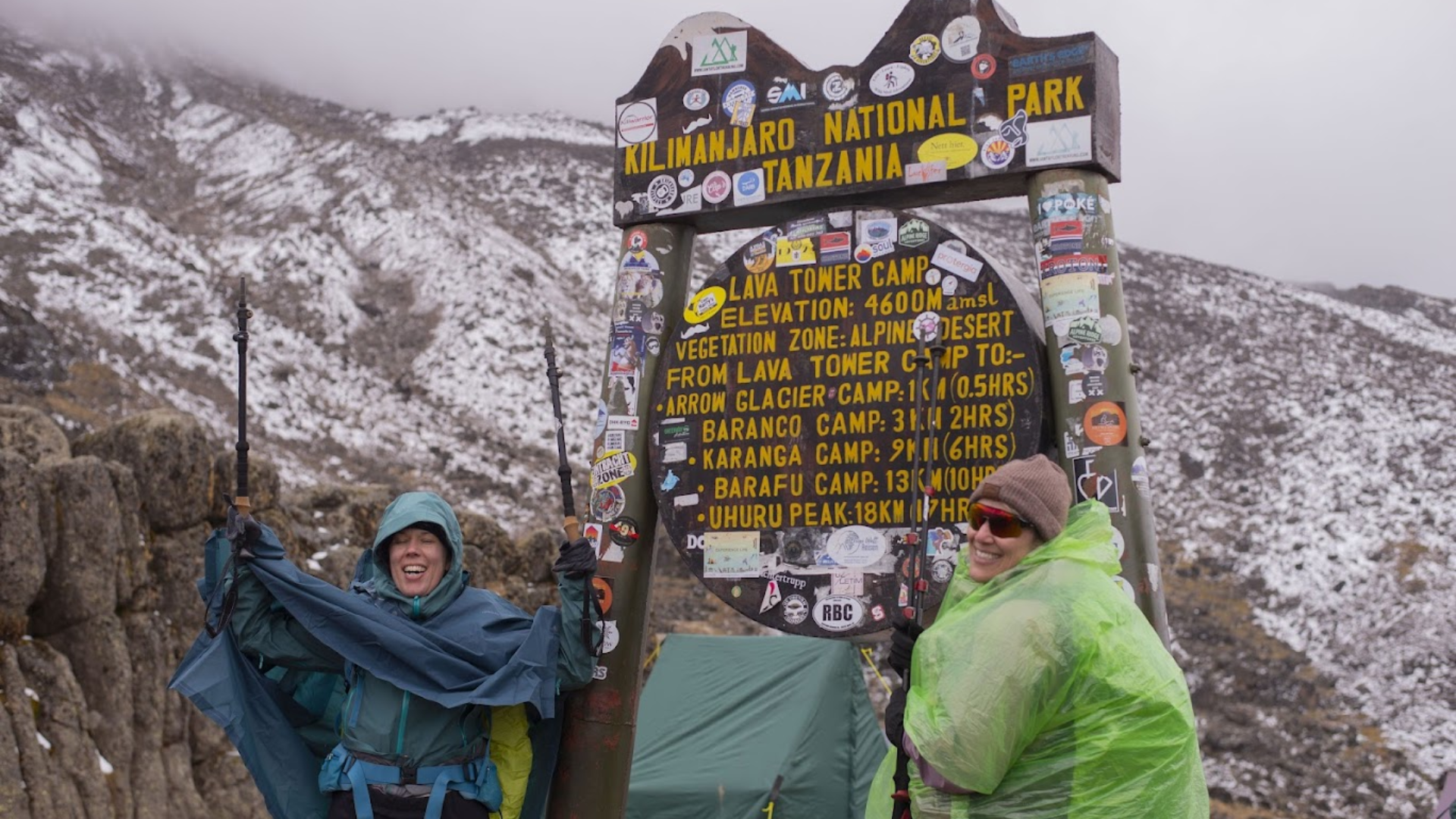Do you want to know everything about Internet and Mobile Reception on Kilimanjaro?! Jump to read our newest update!
Does Kilimanjaro Have WiFi?
In August 2022, Tanzania Telecommunications Corporation achieved a significant milestone, providing broadband connectivity for Kilimanjaro climbers up to 3,720 meters (12,200 feet) above sea level. This breakthrough brought internet access to one of Africa’s most iconic natural wonders.
Currently, this service is accessible on the Marangu route, with WiFi available at Mandara Hut, Horombo Hut, and Kibo Hut. These WiFi access points are powered by solar energy and are occasionally turned off to save power for lighting, but they maintain a strong signal. Even WiFi calls and video calls were possible during the climb.
The future plan is to expand WiFi coverage to the summit of Kilimanjaro, followed by installing cables along the Lemosho route. The ultimate aim is to establish WiFi service across all Kilimanjaro routes.
Mobile Reception on Kilimanjaro
While dependable cellular service isn’t assured on Mt. Kilimanjaro due to its extreme conditions, you’ll still have opportunities to connect with your loved ones. Throughout your climb, there’s at least one daily chance to communicate.
To maximize this communication window, feel free to ask our knowledgeable guides about optimal signal spots. They’ll gladly point them out along the journey. Also, keep an eye out for local porters—if you see them hurrying uphill from camp, they’re likely heading to a signal area.
To conserve battery, it’s recommended to switch your phone to airplane mode and avoid constant signal searching. This way, your battery won’t drain, ensuring you capture unforgettable moments without a dead phone.
Mobile Signal Interference on the Mountain
Expect signal interference during your ascent due to the mountain’s extreme climate. Water vapor from rainfall, snowfall, fog, and high humidity can disrupt cellular signals. Water’s conductivity affects radio waves, leading to signal disruption.
Getting a Local SIM Card
Acquiring a local SIM card upon arrival in Tanzania requires passport registration. However, consider this if your stay exceeds two weeks, as the process can be time-consuming.
A local SIM card usually costs about TSh 1,000, equivalent to approximately US$0.41—an affordable option.
Internet Providers in Tanzania -Internet and Mobile Reception on Kilimanjaro
Tanzania boasts various internet service providers (ISPs) offering cellphone services. Local SIM cards can be obtained in Arusha or Moshi Town. Prominent ISPs include:
- Vodacom Tanzania: Leading in mobile network operations, Vodacom offers diverse cellphone internet services, including data plans and bundles.
- Airtel Tanzania: Another major telecom operator, Airtel provides internet services for cellphones with various data plans and bundles.
- Tigo Tanzania: Known for mobile network services, Tigo offers different data packages and plans for cellphone users.
- Halotel: This telecom company offers mobile and internet services, including cellphone internet plans with various data options.
- Zantel: Zantel, a telecom operator, extends cellphone internet services through a variety of data plans.
These examples showcase the range of providers available in Tanzania. To make an informed choice, assess offerings and coverage in your specific area.
Charging Your Devices on the Mountain – Internet and Mobile Reception on Kilimanjaro
Charging devices conventionally on the mountain isn’t possible due to the absence of charging spots. Consider these alternatives:
- Power Banks: Carry fully charged power banks to charge phones and cameras via USB cable. Note that airlines may restrict lithium batteries, so carry power banks in your carry-on baggage.
- Solar Chargers: Solar chargers are useful for remote charging but aren’t very efficient on the mountain. They have limited power storage, are slow, and can be heavy.
Keeping your devices charged on Kilimanjaro requires thoughtful planning and preparedness for the mountain’s unique conditions.
If you liked our Internet and Mobile Reception on Kilimanjaro, you might also like to read our Climbing Kilimanjaro: Month-Wise Summary.









Comment (0)